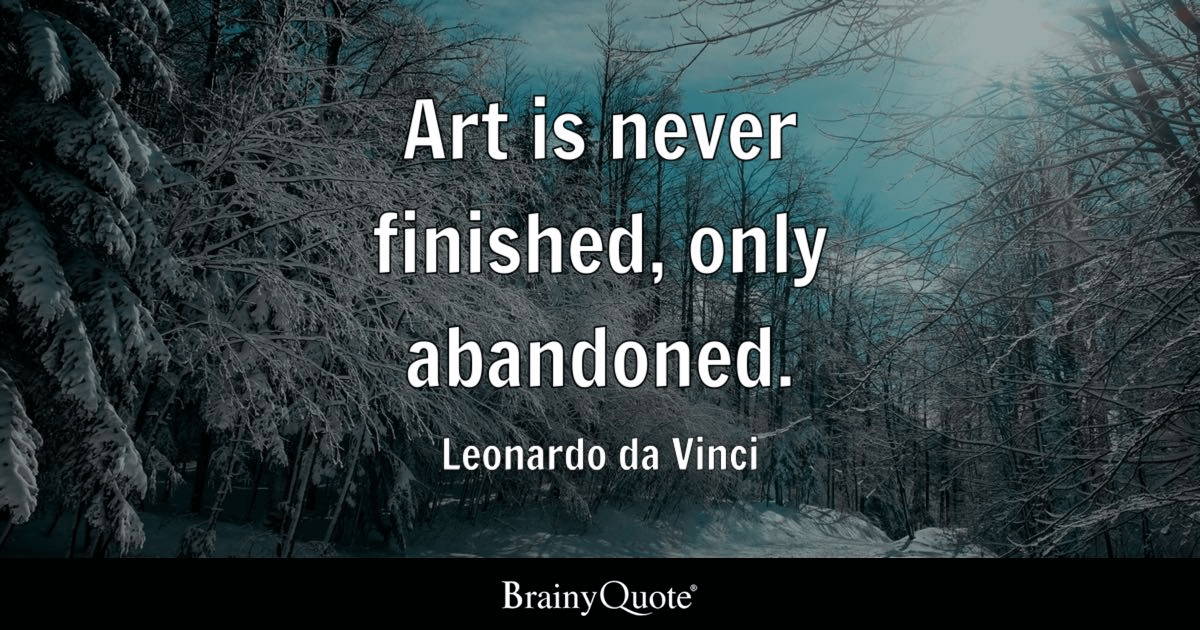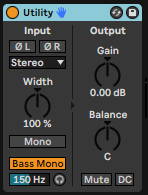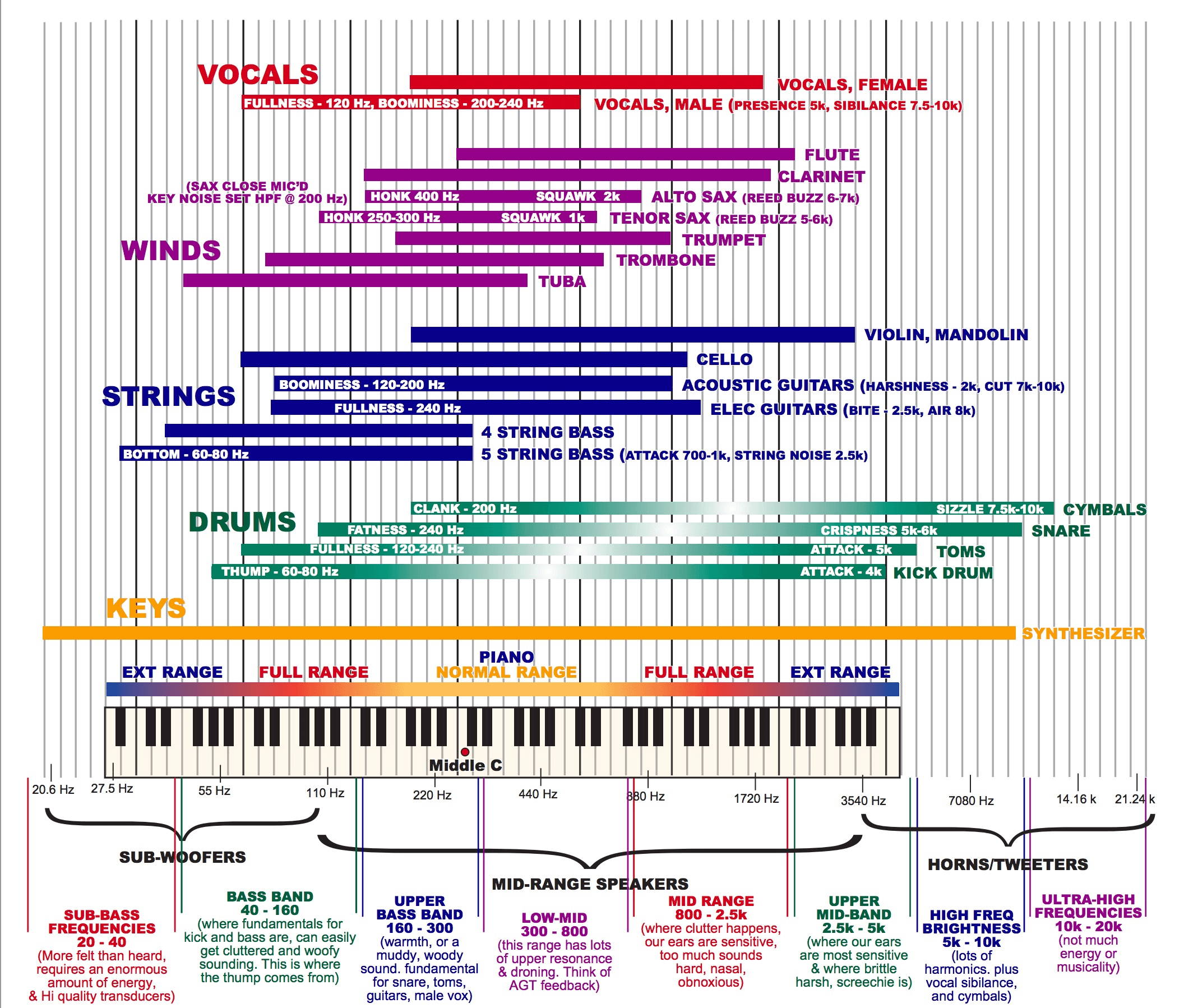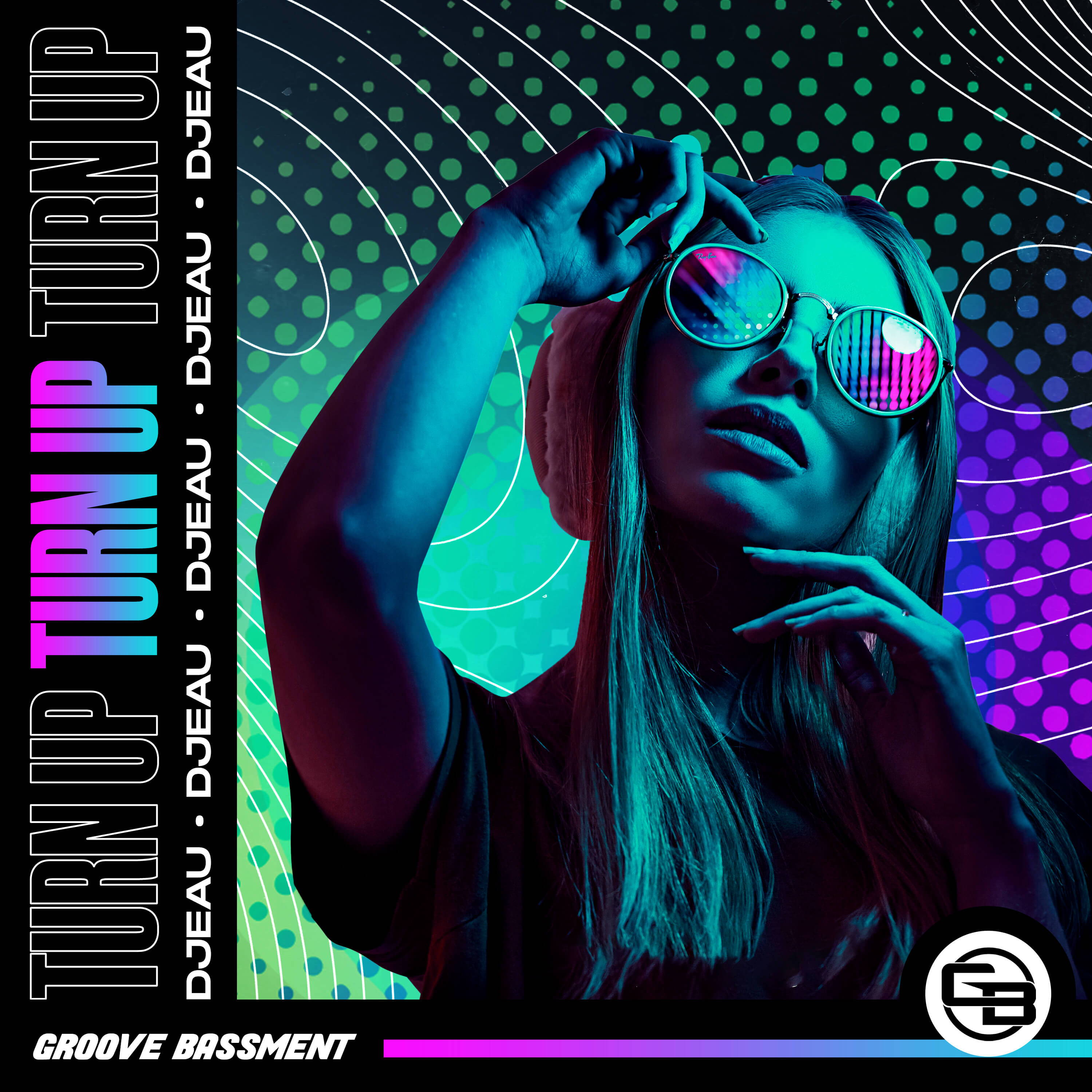In Depth Interview with Tech House producer DJEAU
We asked DJEAU about his journey as producer, mixing, sound selection, tech house trends, Do's and don'ts for beginners, how send demos to labels and his latest release "Turn Up"
July 12 | 2022

About DJEAU
DJEAU (pronounced Joe) already gained early support from DJ’s across genres when this studio junky was still part of renowned act Crossnaders. After successfully releasing tracks on labels like The Myth of NYX (Future House Music), IN / ROTATION (Insomniac Records) and Spinnin' Records it’s time for a rebirth. With some heavy hitting playlist killers under his belt before crossing over to the darker side of Tech House, DJEAU is going solo into 2022.
Adding up 15 years of studio experience ranging from producing and songwriting Hip-Hop to House music, he developed a signature sound that’s ready to take over late night radio shows and dancefloors alike. Spotting DJEAU behind the decks means seeing a DJ that is not only skilled and ready to deliver some floor wrecking madness but also someone fully immersed in the moment. Embedded in the club scene for over 15 years, playing multiple Amsterdam Dance Event shows has created a connection between him and the audience unlike any other.
This being said and adding up early support from colleagues, labels and fans, combined with his dark & stormy Tech House meets Bass House sound, there is no turning back for this fired up DJ/producer… 2022 let’s bring this heat to the floor!
Previous support includes industry heavyweights like:
Tiësto, Tchami, R3HAB, Diplo, Showtek, Afrojack, Dimitri Vegas & Like Mike, Hardwell, AC Slater, Steve Aoki, Vato Gonzalez, Going Deeper and many more.
Read the Interview.
When did you start producing and why?
I started when I was about 13 or 14 or years old. When I was around 15 or 16 years old I started pursuing it a bit more seriously. I’m 33 now so that’s quite a while ago. At the time I wrote a lot of lyrics, mainly for rap music. I was a bit frustrated by the fact that there were no good beats available. I wasn’t really in contact with any producers at the time. There were some very famous instrumentals available like the ones from Neptunes, but that wasn’t really unique because everyone used them. I started producing so I could make the beats myself. I kept working hard on my producing game, then all of a sudden I was both a rapper and a producer. At that point people actually started asking me for my beats, as opposed to just for my verses.
Were you having some success with all of that at the time?
I’ve done quite a lot with hip-hop. I did 100+ shows in all the big city's of the Netherlands, toured with some big names and had a 2 videoclips at the national tv. But you can’t really compare that with the current times. Hip-hop is very commercial now, because the audience is huge. This is mainly due to streaming platforms like Spotify. The audience has really grown exponentially over the last decade. If you look at Spotify playlists, so many of them are hip-hop playlists, and they all have an enormous amount of followers.
Yeah, I guess nowadays everyone can download FL Studio and start making beats.
When did you start making music in the style that you still make music in now?
Probably ten years ago is when I started making EDM and House music. Specifically, I’ve been making tech house for about two years now. I’ve also made things like future bass, and dubstep over the years. Then I also made some big room tracks mainly because I was inspired by artists in the scene like Martin Garrix and Nicky Romero.
Why did you decide to make tech house instead of the other sub-genres of EDM?
At a certain point I took quite some time off music because I was focussing on my businesses. When I started to go to festivals and parties again about five years ago, I noticed that EDM had become much more groovy, dance-oriented and mature. Mainly this new maturity really drew me in.
At the time I was making future house and bass house, which is quite dirty/unpolished. Future house and bass house at the time had quite a big fan base, but it is nothing compared to tech house. The tech house fan base has grown immensely over the last three to four years.
It seems you always know about all of the new and upcoming trends in tech house. What kind of trends are you seeing now and what do you expect for the future?
The trends that I’m seeing now mainly is thump/knock bass sounds. I’m also seeing a lot of Latin house. Also there is this thing of sampling and remixing tracks from the 2000s era.
I think those are the main three movements I’m seeing at the moment. Real tech tech with a dirty bass line and funky drums also still exists of course, but it seems to be a bit less at the moment. It still works amazing live, but it’s not commercial enough it seems.
How do you keep a balance between the commercial sound of EDM and the raw sound of tech house?
I just try not to think about that too much. I just make what I think sounds good.
There are of course a lot of people who like to lean into the commercial sound. I think if that works for you, that’s what you should do.
A lot of people from the outside looking in think that everything certain artists touch turns to gold, but the reality is that all artists have just as many tracks that are left unfinished and end up in the trash.
To be honest, I just love seeing the tech house movement flourishing like it is doing now. There are so many great playlists and great artists. The community also seems to be full of inspiration now. There are a lot of sub-genres now for tech house. Tech house isn’t really just tech house anymore. When I think tech house, I think of raw basslines, a lot of drums and a lot of groove at 128-129 BPM. For me that’s real tech house, but there are so many sub-genres. There are influences from bass house, Latin house and pop.
You can go in so many directions with it really, you don’t need to settle in one specific genre. If you feel that you’ve found something that works, you should just hold onto that.
I started making music for me. Don’t get me wrong, I really love that people can enjoy my music, but in the end I make the music for me. Seeing people raving to your track is the cherry on top.
What are some do’s and don’ts for producers who are just starting out?
Don’t copy other people too much. A great example of this is when Fisher released Losing it. There were these boat horn sounds on that track, which all of sudden everyone started using after that. Somehow that became the sound of that moment. Everyone tried to mimic the boat horn sounds, but if people want the real thing, of course they will just go to Fisher and listen to his track.
Haha, there were many variations on the boat horn sounds at that time right?
Yeah with the saw-waves for example, which is still a thing actually.
So that’s a don’t, do you have a do for us?
Have some faith in yourself. Don’t get stuck on one thing. It doesn’t hurt to work hard at one thing if that is what you specifically want, but remember to create what you want to create and finish it. That’s it I guess. Don’t spend too much time trying to recreate a specific synth. Dare to be creative. Make music that you would listen to yourself.
Another one is: Keep your mixdown in mind when your producing your track. Just simple EQ cuts with a EDM frequency chart can already help so much.
Why would you want to do that?
To make sure that sounds don’t interfere with each other. Producing can be a lot at once, especially for beginning producers. You have the mix, the master and the creative process that ties it all together. For labels, it’s crucial that your songwriting is on point, but for yourself and for other DJ’s it is important that sounds don’t interfere with each other in terms of frequency. For example, if you have a sub-bass and you have a bunch of unnecessary noise above the 200hz frequency range, just get rid of it. If you do that, you won’t run into problems down the line like things sounding messy.
Yeah, I often see in demos that are sent to me that the foundation is good, but the sound selection is just not the best. Often it is sounds which have a lot of overlap in terms of frequency range.
Yeah for sure, I would also say that is a matter of training. You can learn to hear which sounds work with each other and which don’t.
I agree, so also while producing you have to be mindful of which sounds you can use together. For example if you have a lead which is clashing with your mids, just move the melody an octave higher.
Yeah or even pan the sound more towards the outsides instead of the center. Playing around with your stereo imaging can definitely help. Don’t pan things a hundred percent to the left or to the right, give one sound a -42 left panning and give the other -37 right panning, just play around with it.
We already spoke a bit about record labels, and you said for example that songwriting is very important for record labels. How did you come into contact with record labels mainly within the tech house scene?
A lot of networking. Social media can really help with that. In the last few years there has been a lack of in person events and live shows in general. Networking can also be very tricky if you’re in the just in the audience at a show, instead of playing a set yourself. Don’t be afraid to go up and talk to people. If you feel like you made a great track, ask other people for their opinion on it. Make sure they are into the same genre though. Don’t send a raw and groovy tech house track to a big room producer. Sometimes you get lucky and they see something in it, but in general that doesn’t really work out.
If you made a cool new Latin house track, send it to an artist that’s also making Latin house. Just send them a Dropbox link and ask what they think of the track. Sometimes they can even refer you to a label. This is also a great way to get feedback on what you made.
On the other hand, Google is your best friend. I’ve seen so many websites that say they will submit music to record labels, but I don’t really believe in that. Just dare to do those things yourself. Find an e-mail and get in touch yourself. Invest time in figuring out what each label is about and who you can contact within the label.
Another aspect is pitching your music. Going up to a record label and saying “I’ve got a new cool track, release this” is not going to cut it. In most cases you will just end up in the backlog.
It’s also not a bad idea to try and release your music yourself. Just keep working hard at it and releasing tracks. People will start noticing that. Make a mailing list and inform people of every new release. If you do this, at a certain point labels will notice you as well.
Definitely. Those are some great tips!
It’s a tricky thing, deciding between releasing independently and releasing through a record label. With a record label, you need to be lucky enough to find one that is releasing in your genre and also sees potential in your track. If you’re making tracks that are very different from what labels are releasing, you have no choice but to release it yourself.
Or maybe you just didn’t find the right record label yet.
Then it’s all about finding the right label again.
Exactly, research is a big part of being an artist. This is something that a lot of people forget. They think that they can just make a great track and everybody will be eager to release it. Things like getting support from a DJ, getting collaborations and getting booked for events need time and research. As a beginning artist or DJ you're going to hear "no" 99 percent of the time. Often you even hear nothing back at all, but that one “yes” it what makes it all worth it. That one “yes” is what gives you new motivation, it’s what keeps you going.
When you’ve built up a bit of a portfolio things get a bit better, but you still have to keep working hard at it. Keep notifying people of what you’re up to. You have to make sure people remember you.
Sometimes the rejections aren’t even about your track. It can just be politics. It can be the case that the label just has another good track on the agenda which is a better fit for them due to a big name collaborating on it. There can be so many reasons for a label not being interested in your track. In light of that, it’s important that you don’t lose motivation when you’re work is rejected. Just keep going. That’s a real show of strength.
What part of producing do you enjoy the most?
I love the combination of groovy drums with a good bass line. If those two things are on point, I am already really excited about the track. Of course it also depends on the vibe. Some days you open your DAW and you’re just staring into the abyss. You start browsing through samples and then at one point you find something that sounds good. I guess that part is what I enjoy most. When you’ve been messing around for a while with things and then you change one thing and all of a sudden everything clicks. For me it’s kind of a rainbow moment. It can be a change in a vocal, a sample or a hook and all of sudden it just works. Suddenly the sun starts shining and the rainbow appears.
Definitely. That’s the moment when you start vibing to your own track while producing.
For sure. That’s what makes it all worth it for me. That’s why I produce. When you play the track live there is this similar moment when you see people enjoying the track and where it all clicks. That makes me even more appreciative of the track.
What part of producing do you enjoy the least?
I usually do not enjoy the very high precision work in mixing and mastering.

It never ends does it?
Exactly. “Art is never finished, only abandoned”. You can nitpick so much with regards to your own work that it can become a bottleneck.
Yeah I get that. Sometimes there are ways to get around that. There is this story of this guy who lost the track he was working while cleaning up his hard drive. In the end, he couldn’t recover the track, so he had to continue with a very raw early version of it. That version ended up being one of his biggest hits. For me this is a great example of that people sometimes just don’t care about all of the nitpicking work.
Sometimes you’re just to hard on yourself. You want to get every small detail right, even though the average listener doesn’t really care about your stereo imaging being perfect or your mastering being perfect. To be completely honest, when I was pitching my music to labels in the early days I was very worried about the mix and master not being perfect. In reality, 9 out of 10 A&R’s at the labels probably didn’t even notice. In the end, it’s about the idea behind everything. It’s not about the perfect mix and master. It’s more important that your songwriting and musical arrangement are on point. You need things like a solid question and answer dynamic in your melodies.
The mix and master will come later. You can do that with a reference track for example. There are many ways to achieve that. Having a solid idea is much harder in my opinion. People want to be surprised by a track, and to achieve that you need to be creative with your ideas. You don’t hear if something is mixed perfectly when it’s played live anyways.
That’s true. I would say it’s important to have a balanced low-end though.
For sure. Everything under 150hz is mono when I’m producing. My sub and the low-end of my kick are always mono.
How do you put you sounds in mono? For example with a Ozone Imager?
You can do it like that, with external plugins. Ableton also has a stock Utility plugin which can do the same. It’s just a press of a button to make things mono below a certain frequency.
When it comes to sub-bass, you don’t actually hear any sound in the 20-40hz range, but you do feel it. This is especially the case in clubs. Generally you want your bass-band from the 40-150hz range to be mono.
What I usually do in Ableton is put a utility on my kick and that has a button that says “Bass mono” with which you can select a frequency limit for mono. There are many ways to do this. Remember to also check if you’re track is mono compatible. You can do this with external plugins. Sometimes there can be weird issues with phasing.

Which artists inspire you and if you could choose anyone who would you want to collab with?
It really depends on the vibe. I really admire Chris Lake, he’s so unique and amazing at what he does. I love Guz tracks, I’m also a big fan of Truth x Lies. They really have their own sound and it’s great.
When it comes to more raw tech things, I like Clooney and Noizu. I enjoy the minimal UK tech house sound.
It really has a great groove to it doesn’t it?
It’s not even the groove alone that does it for me. It just great dry and dirty tech house. I use to be a huge fan of Martin Ikin as well, but I kind of outgrew it a bit. The bass lines are to busy for me now. I also admire John Summit, he has some great tracks and is always very consistent.
Yeah John Summit really seems to have created his own sound within tech house with the vocals and a bit of a driving vibe. Great vibes overall.
Yeah it’s a bit less raw. The groove and vocals both work very well. Indeed, the songwriting is very good.
So, who would you choose for the collab?
Again, it depends on the vibe. To be honest, I’ve always wanted the opportunity to work with Pharrell Williams. To me, he is one of the greatest producers alive today. He’s so unique. In his tracks you hear the guitar and the drums and you immediately know it’s Pharrell Williams. The same goes for someone like Timbaland. Neptunes Tide from Pharrell Williams was also just phenomenal. When it comes to house, I would probably choose Chris Lake.
Where do you see your self in the future?
Everywhere.. haha. I’m hoping to present my music to more people at festivals and gigs. I expect to take things to the next level when it comes to shows and events. At the moment, everything I do is centered around the Netherlands but I plan to take it further than that. That’s the plan for now. I’m going to be working on a lot of tracks.
Sounds good, what can we expect from you soon?
I just released my track "Turn Up" on Groove Bassment. I’ve got quite some plans for the rest of the year but can’t say much about that yet. And on the fifth of August I’m releasing a track on the Myth of NYX with House Divided and Shapeless.
Sounds amazing, can't wait to hear it. Thanks again for being here.
Thanks for having me!
Click here to listen
DJEAU's latest release Turn Up
And stay up to date by following his Instagram here


